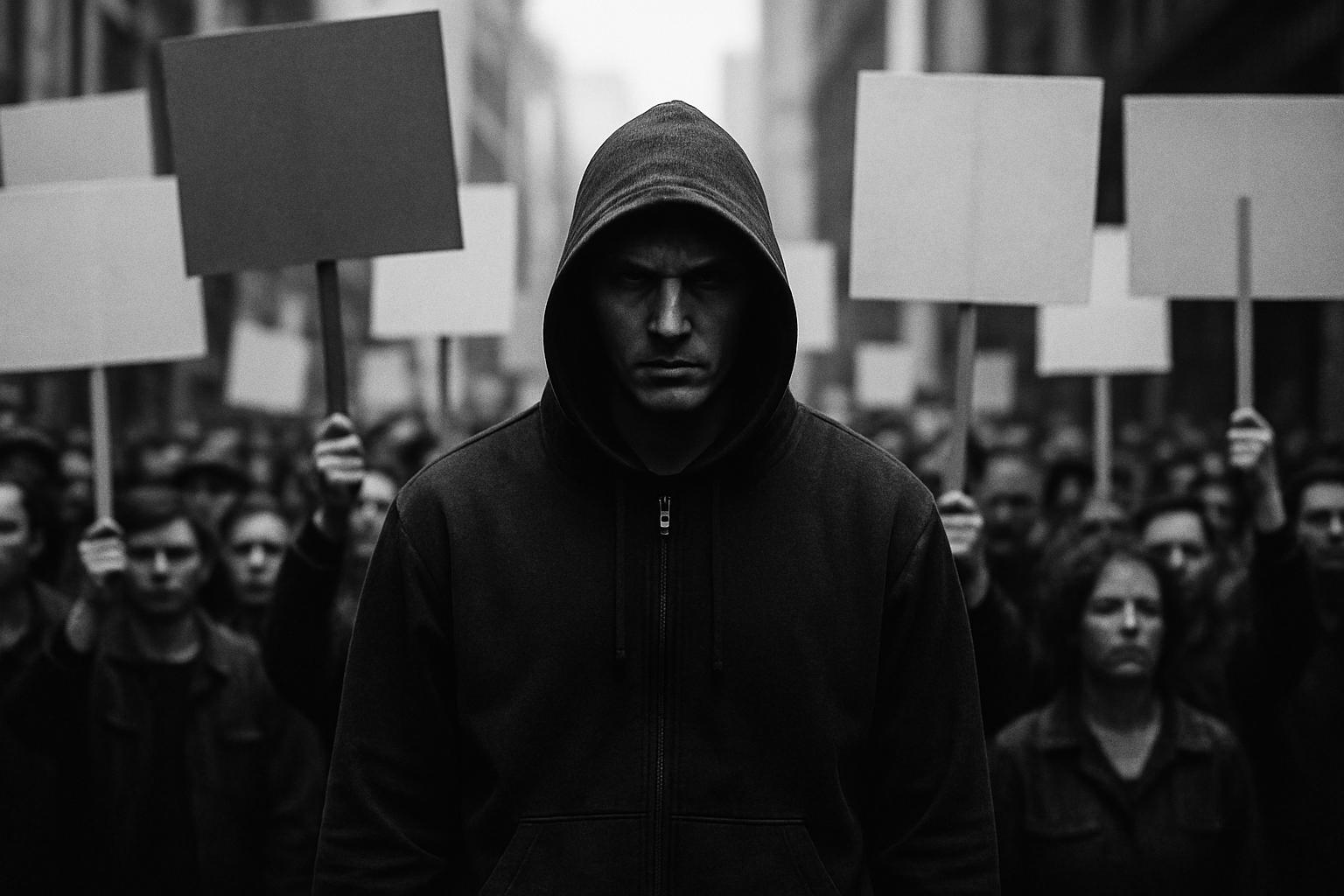Protesting and counter-protesting remain vital expressions of democratic freedom in the UK, despite recent government concerns about demonstrations following a tragic attack on the Heaton Park Hebrew Congregation Synagogue in Manchester. Lord Michael Cashman, co-founder of LGBT+ charity Stonewall and a peer in the House of Lords, voiced strong opposition to Home Secretary Shabana Mahmood’s assertion that certain protests were “un-British.” Speaking in the Lords, Lord Cashman emphasised that the right to protest is an “essential freedom,” acknowledging that protests often cause offence and discomfort but asserting that this is a necessary price in a democracy. He further contended that counter-protesting is not un-British; rather, what matters is how protests are conducted.
The concerns raised by Lord Cashman align with warnings from other legal and civil liberties figures. Baroness Shami Chakrabarti, former director of Liberty and Labour peer, expressed apprehension about the Crime and Policing Bill currently passing through Parliament. She highlighted the dangers of new restrictions targeting cumulative protests, a tactic she fears could unjustly curtail fundamental freedoms. Baroness Chakrabarti questioned what blanket bans on face coverings at protests might mean for dissidents outside authoritarian embassies and cautioned against legislating with a “blank cheque” that might enable future anti-democratic abuses.
These legal and civil liberty concerns emerge against a backdrop of heightened tensions after the Manchester synagogue attack, carried out by a British citizen of Syrian descent, Jihad al-Shamie. In the immediate aftermath, Home Secretary Mahmood condemned pro-Palestine protests that followed, describing their timing and expressions as “fundamentally un-British” and “utterly disgraceful.” She urged protesters to reconsider, framing her comments as an appeal for kindness towards a grieving Jewish community. Mahmood emphasised the need for public safety and communal harmony, highlighting the “considerable fear” that repeated protests can instil in affected communities, particularly among religious groups.
In response to the scale and frequency of these protests, including nearly 500 arrests at a pro-Palestinian vigil in London, the government announced plans to amend Sections 12 and 14 of the Public Order Act 1986. These proposed changes seek to empower the police to consider the cumulative impact of frequent protests on local areas when imposing restrictions on public processions and assemblies. Critics argue that such measures risk curbing the right to peaceful assembly, citing concerns that they could lead to an over-broad police ability to stifle dissent, especially in politically or socially sensitive urban centres such as Parliament Square.
Liberal Democrat peer Lord Strasburger, chair of the civil liberties group Big Brother Watch, warned that the UK had long been an exemplar of peaceful protest but that the government’s increasing power grab could see demonstrations severely constrained, including outside iconic locations like Westminster. He pointed to proposed restrictions on processions near places of worship as likely to affect many urban centres and noted that the government plans to introduce additional clauses that would enable police to ban repeated protests—effectively most forms of protest.
The government’s stance, as the Home Office and Mahmood have reiterated, is framed as an attempt to strike a balance between the right to protest and protecting communities from being overwhelmed or feeling unsafe by incessant demonstrations. While some see recent moves as necessary for maintaining public order and allowing communities time and space to grieve after acts of terror, others view them as a disproportionate response that risks undermining the vibrant democratic culture of protest in the UK.
This ongoing debate highlights a fundamental democratic tension: the challenge of safeguarding public order and preventing hate-fuelled unrest while preserving freedoms of expression and assembly crucial to an open society. As the Crime and Policing Bill advances, with government amendments likely to further shape the regulatory landscape on protests, voices across the political and civil spectrum continue to urge careful scrutiny to ensure the balance is not lost.
📌 Reference Map:
- Paragraph 1 – [1], [4]
- Paragraph 2 – [1]
- Paragraph 3 – [1], [2], [5], [6]
- Paragraph 4 – [3], [7], [5]
- Paragraph 5 – [1]
- Paragraph 6 – [1], [7]
Source: Noah Wire Services
